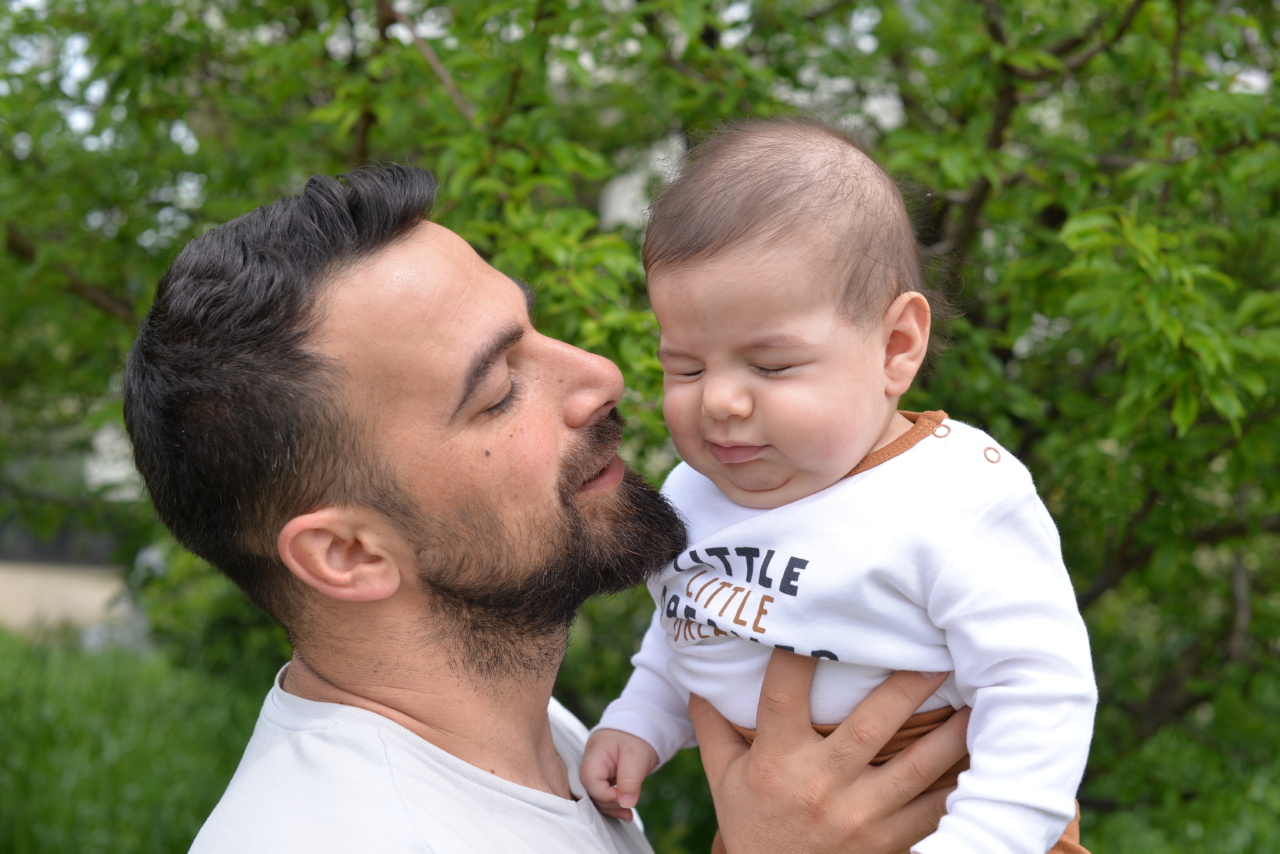Cysto-reflux is a medical condition where the urine in the bladder flows back into the ureters and kidneys. This condition is also known as vesicoureteral reflux (VUR), and is commonly seen in children.
Causes of Cysto-Reflux
There are a number of reasons why cysto-reflux can occur in children. Some of the most common causes include:.
- Urinary tract infections (UTIs)
- A bladder that doesn’t empty properly (urinary retention)
- A blockage in the urinary tract
- A small or underdeveloped bladder
- An abnormal valve that doesn’t close properly, allowing urine to flow back up into the ureters and kidneys
Symptoms of Cysto-Reflux in Children
Many children with cysto-reflux don’t show any symptoms and are generally diagnosed after a UTI or routine medical check-up. However, some children may experience the following symptoms:.
- Frequent urinary tract infections
- Blood in the urine
- Bedwetting
- Painful urination
- Fevers and chills
- Lower abdominal pain
Diagnosing Cysto-Reflux
The diagnosis of cysto-reflux may require a series of tests, including:.
- Urinalysis and urine culture to detect the presence of bacteria
- Ultrasound to visualize the kidneys and bladder
- Magnetic resonance imaging (MRI) to assess the urinary tract and rule out any physical abnormalities
- Cystourethrogram (VCUG), a procedure that involves injecting a dye into the bladder and taking x-ray pictures to determine if the urine is flowing back into the ureters
Treatment Options for Cysto-Reflux
The treatment for cysto-reflux depends on the severity of the condition and the presence of any related symptoms. Some common treatment options include:.
- Antibiotics to treat or prevent UTIs
- Surgery to repair any abnormalities or correct the malfunctioning valve in the bladder
- Catheterization or clean intermittent catheterization (CIC) to help empty the bladder
Preventing Cysto-Reflux
While cysto-reflux cannot always be prevented, there are some steps parents can take to help reduce their child’s risk of developing the condition:.
- Encourage your child to drink plenty of water and avoid juices or soda
- Ensure that your child uses the bathroom regularly and empties their bladder completely
- Teach your child proper hygiene habits, including wiping from front to back after using the toilet
- Take your child for regular medical check-ups to detect any potential problems early
When to Seek Medical Attention
If your child exhibits any symptoms of cysto-reflux, it is important to seek medical attention right away. Left untreated, cysto-reflux can lead to kidney damage, which can cause urinary tract infections, high blood pressure, and kidney failure.
Conclusion
Cysto-reflux is a serious condition that can have long-term consequences if left untreated.
As a parent, it’s important to be aware of the causes, symptoms, and treatment options available for cysto-reflux, as well as taking steps to help prevent it from occurring in the first place. If your child exhibits any symptoms of cysto-reflux, seek medical attention immediately.































